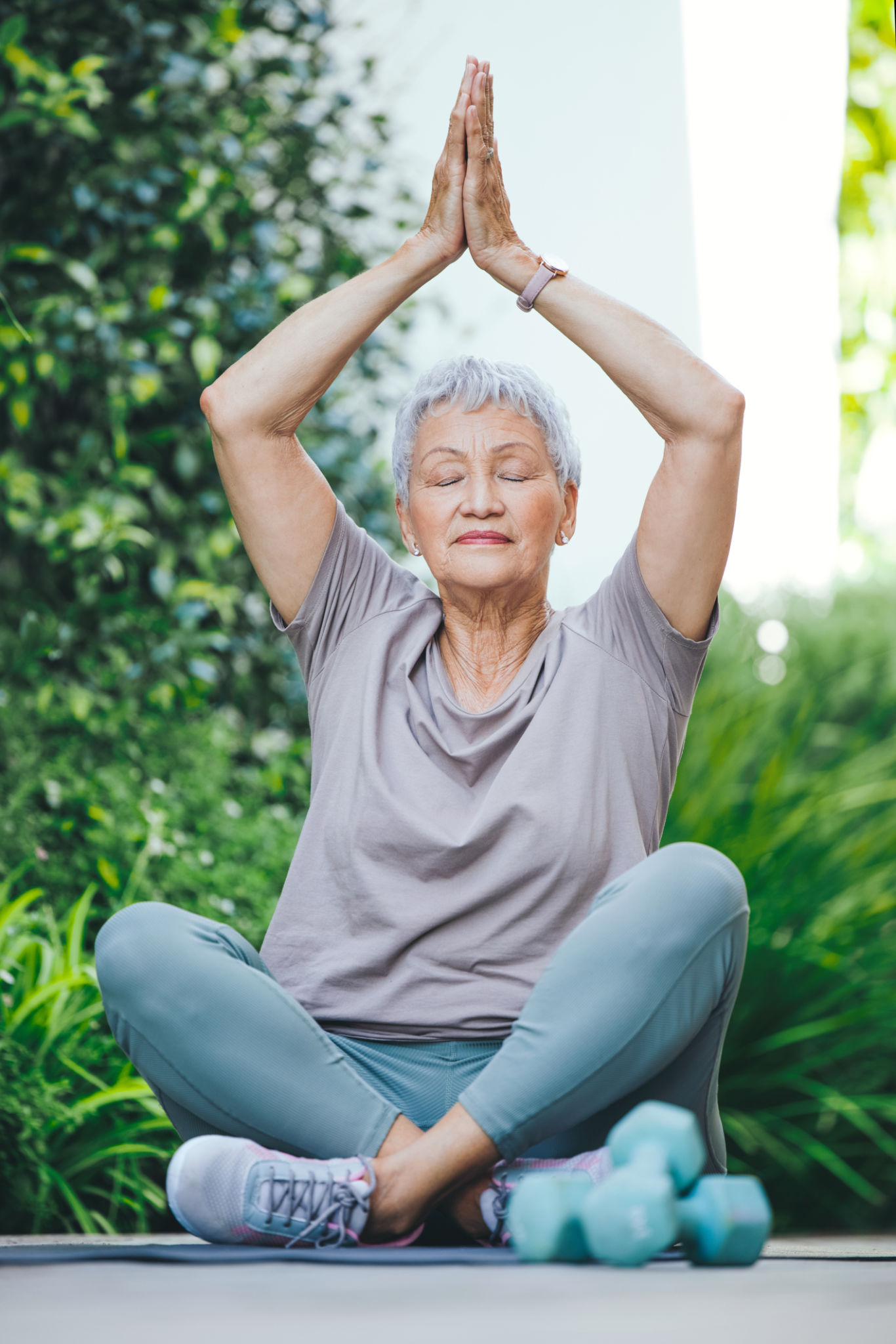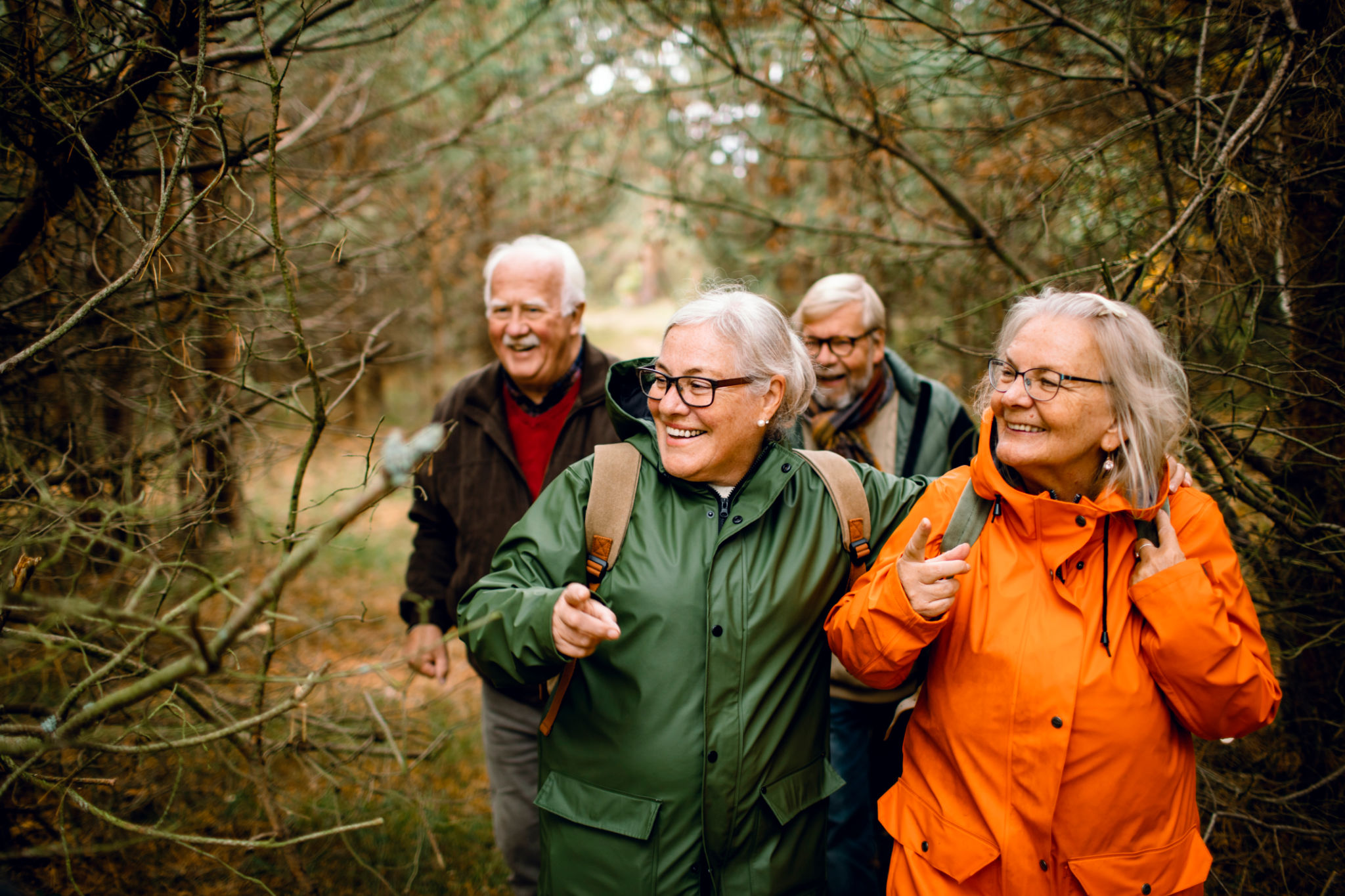Fitness for Seniors: A Comprehensive Guide to Staying Active After 50
Understanding the Importance of Fitness for Seniors
Staying active is crucial at any age, but for those over 50, regular exercise becomes even more important. Maintaining a consistent fitness routine can help improve mobility, enhance strength, and boost overall well-being. As we age, muscle mass naturally decreases, but staying active can help counteract this process, enhancing both physical and mental health.

Benefits of Staying Active After 50
For seniors, engaging in regular physical activity offers numerous benefits. It helps in maintaining a healthy weight, reducing the risk of chronic diseases like heart disease and diabetes, and enhancing bone health. Exercise is also known to improve mood and cognitive function, which are essential for maintaining a high quality of life.
Moreover, staying active can improve balance and coordination, significantly reducing the risk of falls, which are a common concern among older adults. By incorporating exercise into daily routines, seniors can maintain independence and enjoy a richer social life.
Types of Exercises Suitable for Seniors
When it comes to choosing the right type of exercise, variety is key. Seniors should focus on incorporating different types of activities to target various aspects of fitness:
- Cardiovascular exercises: Walking, cycling, or swimming are excellent choices to improve heart health.
- Strength training: Light weightlifting or resistance band exercises can help build muscle strength.
- Flexibility exercises: Yoga or stretching routines enhance flexibility and mobility.
- Balance exercises: Tai chi or specific balance exercises can prevent falls.

Creating a Safe Exercise Routine
Safety is a top priority when seniors engage in physical activities. It is essential to start slow and gradually increase intensity to avoid injuries. Consulting with a healthcare provider before beginning any new fitness routine can ensure that the chosen exercises are appropriate for individual health conditions.
Warming up before exercising and cooling down afterward are crucial steps to prepare the body and prevent muscle strain. Staying hydrated and wearing proper footwear can further enhance safety during workouts.
Staying Motivated and Overcoming Barriers
Staying motivated can be challenging, especially when beginning a new fitness journey. Setting realistic goals and celebrating small achievements can help maintain enthusiasm. Joining group classes or finding a workout buddy can provide social interaction and accountability.

Overcoming barriers such as time constraints or physical limitations requires creativity and persistence. Incorporating short bouts of activity throughout the day or choosing low-impact exercises can make fitness more accessible for seniors with busy schedules or mobility issues.
The Role of Nutrition in Senior Fitness
A balanced diet complements an active lifestyle by providing the necessary nutrients to support physical activity. Seniors should focus on consuming a variety of fruits, vegetables, lean proteins, and whole grains. Adequate hydration is also vital to support exercise performance and recovery.
Paying attention to dietary needs, such as calcium and vitamin D intake for bone health, can further enhance the benefits of a fitness routine. Consulting with a nutritionist can offer personalized advice tailored to individual dietary requirements.